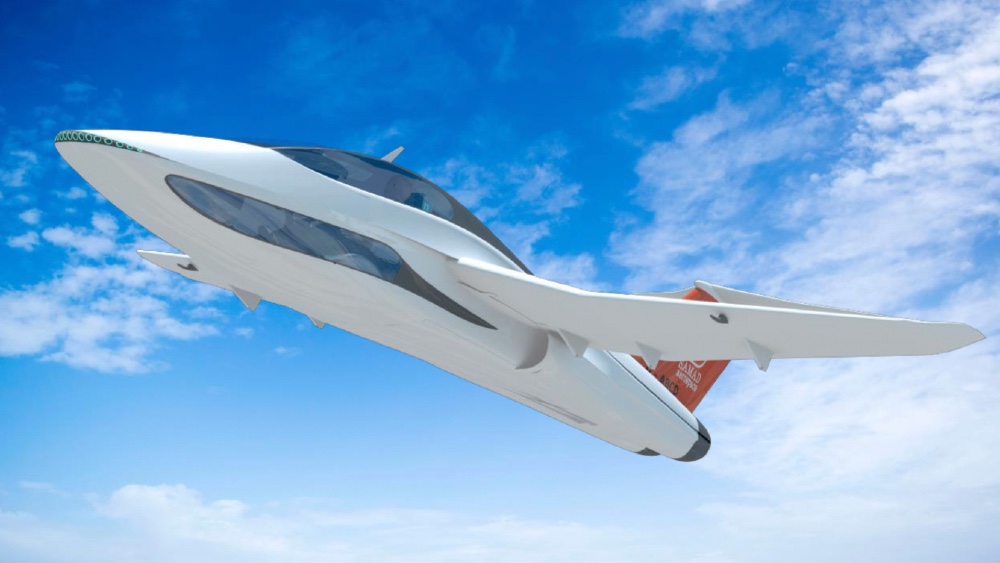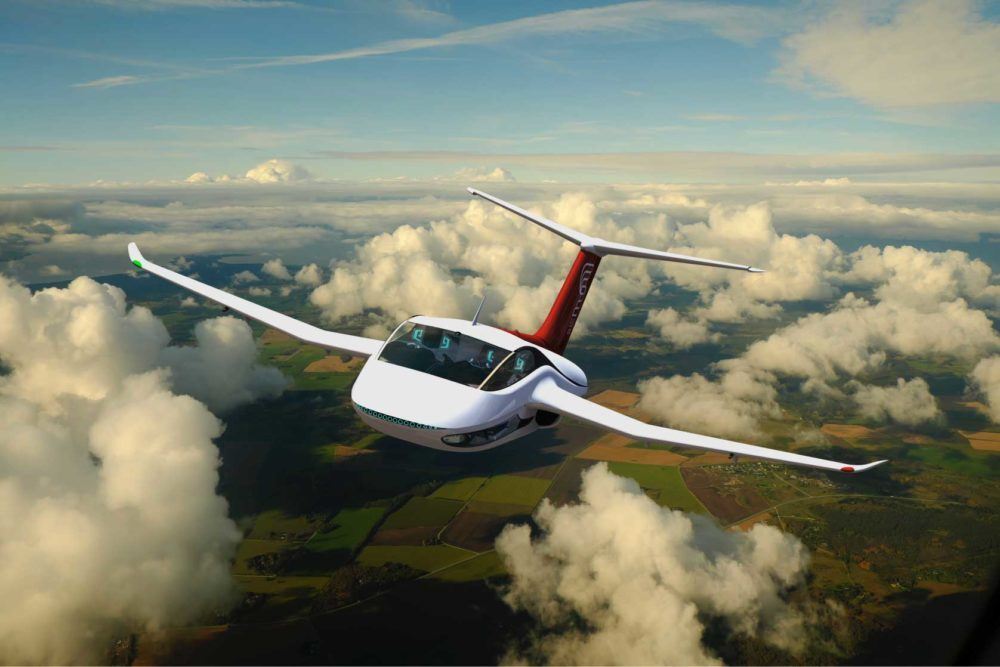SAMAD aerospace, the British hybrid electric VTOL aviation company is pleased to launch its concept for Q-Starling, a high-end Personal Air Vehicle (PAV).
With an innovative modern design taking elements from both fast jets and VTOL aircraft, the Q- Starling represents a new pinnacle in future sustainable aircraft design.
Combining the benefits of traditional flight with VTOL capabilities, the Q-Starling will seat two passengers and can be flown by pilots with an anticipated appropriate class rating.
Taking inspiration from classic aircraft such as the Victor, Hawk, Mustang and modern high-end sport cars, the Q-Starling interior also has an exclusive stylish design.
The cockpit has been designed to the highest automotive standards of comfort and will include additional transparencies and synthetic vision to enhance situational awareness.

Representing a step forward in VTOL design, the Q-Starling will be a ‘must have’ for those who wish to have the latest and greatest in Personal Air Vehicles.
Q-Starling will be powered by a hybrid-electric turbo-generator which will provide power for a large diameter hover fan and a fly-by-wire controlled ‘Reaction Control System’ (RCS). The turbo- generator will then provide forward thrust once the aircraft has transitioned from vertical flight.
Controlled by a comprehensive electronic flight system, the Q-Starling will have numerous and extensive safety systems in-built to prevent the aircraft from departing the flight envelope. In keeping with other ultra-light aircraft it will feature as a ballistic recovery system.
The traditional rudder pedals have been absorbed into the flight system and present the pilot with a simplified side-stick control. The Q-Starling will maintain full authoritative control but having the benefit of a simplified control interface.
The aircraft is expected to have a low entry barrier to private flight with an expected conversion requirement of around 10 hours for the average PPL.
All materials used in the aircraft are made of ultra-light carbon fibre giving a higher performance capability and enabling semi-aerobatic manoeuvres due to the increased strength of the composite material and design.
Speaking from his UK Head Office at Cranfield Technology Park, Dr. Seyed Mohseni, CEO of SAMAD aerospace, said: “The Q-Starling will give owners the ultimate luxury in personal hybrid-electric flying. The efficient sustainable Q-Starling will give passengers unparalleled point-to-point mobility options.”
SAMAD aerospace continues to lead the way in the development of hybrid electric aircraft. The SAMAD aerospace team intend to make flying as common practice as driving with the ability to move directly from point-to-point. Download the Q-Starling brochure here: https://arcaerosystems.com/wp-content/uploads/Q-starling-brochure.p
News Source: EVA


